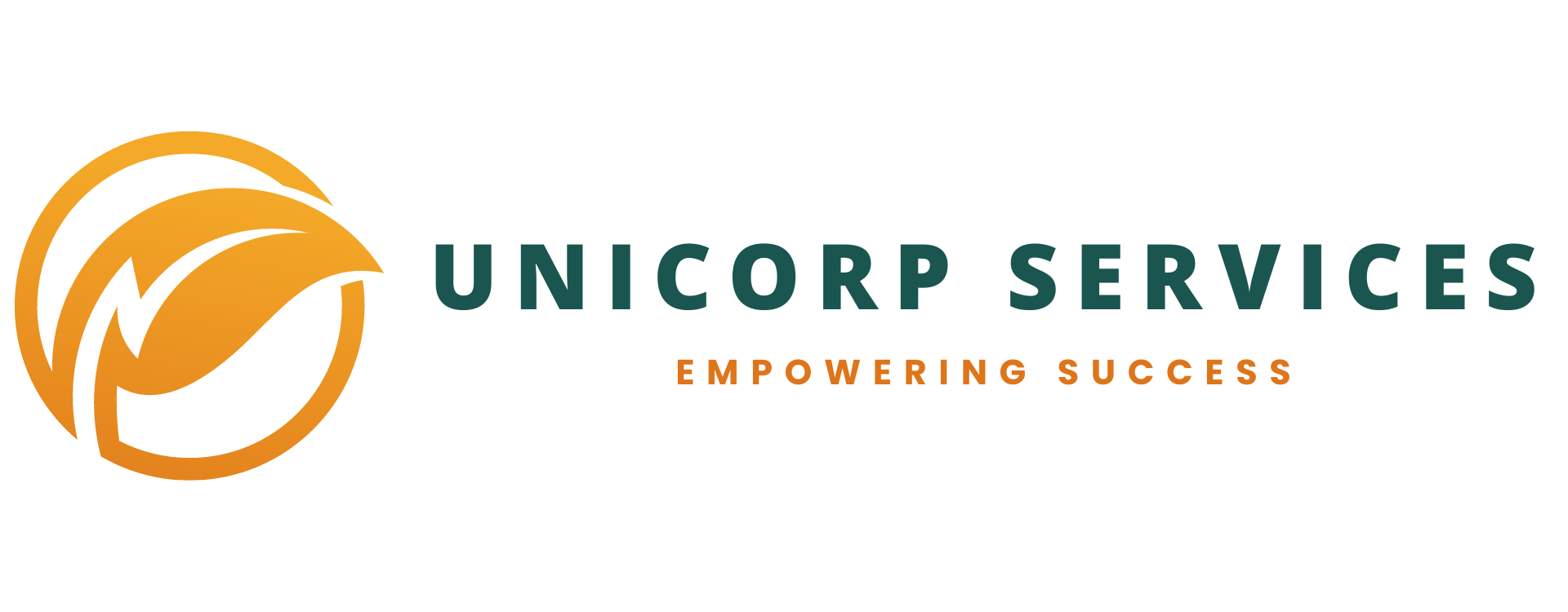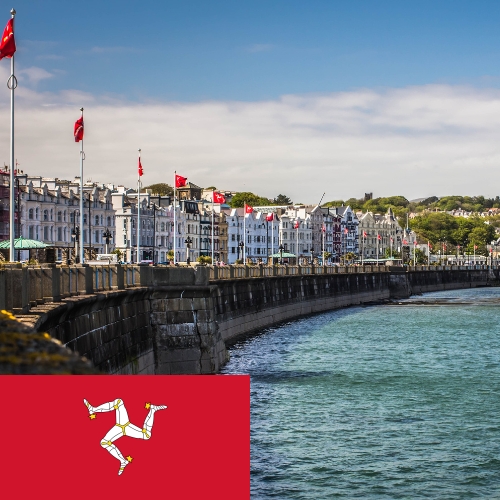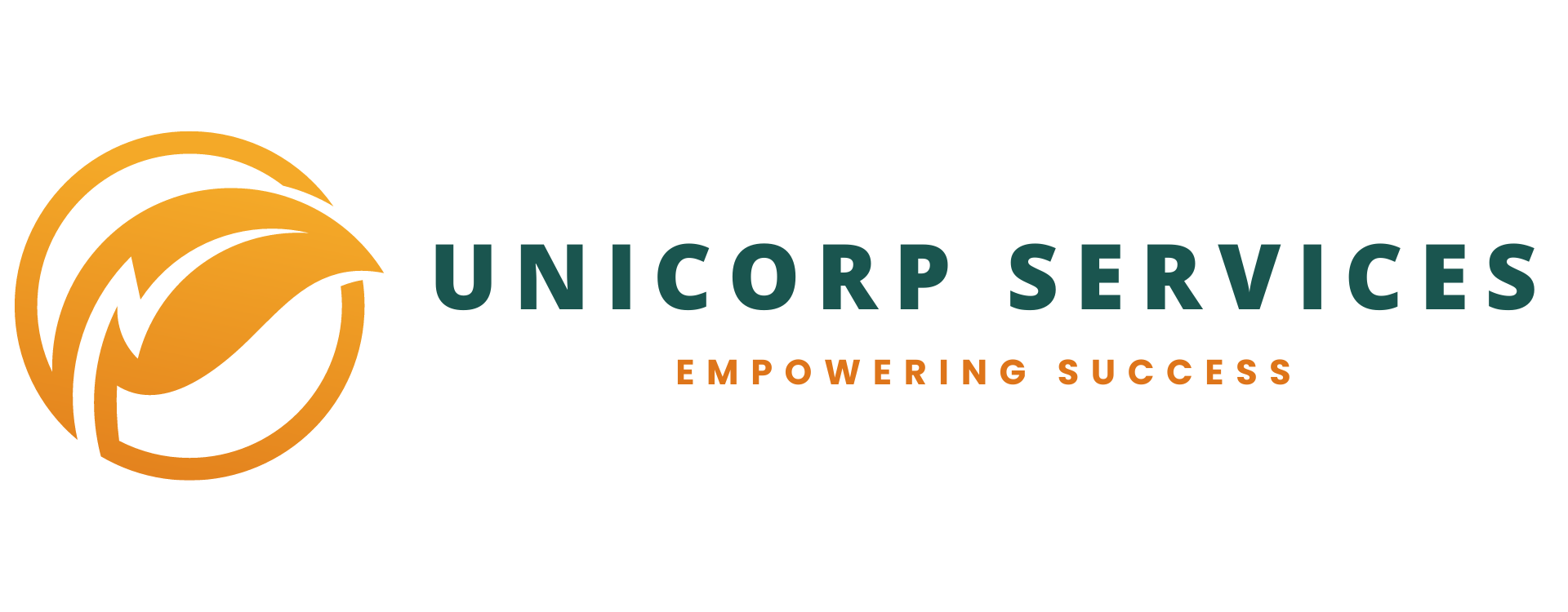Over 1,000 businesses partner with us for our company services. | Ready to register ? | Speak with our Experts |Over 1,000 businesses partner with us for our company services. | Ready to register ? | Speak with our Experts |
Table of Contents
Incorporation Details
Fee schedule
| Country | First year | Annual fee |
|---|---|---|
| Ireland | US$ 3,900 | US$ 3,690 |
*** To maintain good standing, your Ireland company must pay an annual renewal fee. This fee is a flat rate and free from hidden charges.
What’s included for 3900
● Incorporation of Company
● Ireland Government Registration Fees
● Registered Office for 1 year
● Registered Agent for 1 year
● Certificate of Incorporation
● Memorandum of Association
● Register of Members
● Membership Certificates
● Lifetime support
Why Ireland
Ireland is one of the best locations for business incorporation due to its low corporate tax rates, EU access, skilled workforce, and strong business environment. Below are the key reasons why Ireland is an attractive place to set up a company.
Benefits of opening a company in Ireland
Ireland is one of the most business-friendly countries in the world, making it a top destination for company incorporation. From low corporate tax rates to EU market access, here are the key benefits of setting up a business in Ireland.
1. Low Corporate Tax Rate
✅ 12.5% Corporate Tax Rate – One of the lowest in the EU.
✅ 6.25% Tax Rate – For companies eligible under the Knowledge Development Box (KDB).
✅ No Capital Gains Tax (CGT) on share disposals for qualifying holding companies.
✅ Favorable tax treaties with over 70 countries, preventing double taxation.
2. EU & Global Market Access
✅ Full access to the EU and EEA markets with 450M+ consumers.
✅ No trade barriers within the EU single market.
✅ Strategic location – Close to the UK, EU, and US for trade.
✅ English-speaking workforce – Ideal for international business.
3. Business-Friendly Environment
✅ Ranked one of the best in Europe for ease of doing business.
✅ Quick company registration – Can be done remotely in 3-5 working days.
✅ No minimum share capital requirement.
✅ Only one director and one shareholder required (at least one director must be an EEA resident).
✅ 100% foreign ownership allowed.
4. Ireland is a Global Tech & Financial Hub
✅ Major tech companies operate in Ireland, including Google, Apple, Microsoft, Facebook, Amazon, and LinkedIn.
✅ Strong financial services sector – Dublin is a key European financial center.
✅ Attractive for fintech, SaaS, pharma, and biotech startups.
✅ Government grants & tax incentives for R&D and innovation.
5. Skilled Workforce & Talent Pool
✅ Highly educated workforce – Strong in IT, finance, and engineering.
✅ English-speaking – No language barriers for international companies.
✅ EU membership – Access to skilled professionals across Europe.
✅ Government support for training & upskilling employees.
6. Strong Banking & Financial System
✅ Easy access to major international banks.
✅ Multiple business banking options – Digital banking is well-developed.
✅ Stable currency (Euro) – No foreign exchange risks within the Eurozone.
7. Stable Legal & Political System
✅ Common law system (like the UK and the US).
✅ Strong property rights & investor protection.
✅ EU & OECD compliant – Reduces regulatory risks.
✅ No corruption or political instability.
Types of Business Entities in Ireland
When setting up a business in Ireland, you can choose from several types of business structures. Each entity type has its own legal, tax, and operational implications. Here’s a breakdown of the main types of business entities in Ireland:
1. Private Company Limited by Shares (LTD)
✅ Most common type of company in Ireland.
✅ Limited liability – Shareholders are only liable for their investment.
✅ Can be owned by one person (single-member company allowed).
✅ No requirement to have an objects clause (it can engage in any lawful business).
✅ Requires at least one director (one must be an EEA resident).
✅ Must file annual financial statements with the Companies Registration
2. Designated Activity Company (DAC)
✅ Similar to an LTD but must specify its business activities in its constitution.
✅ Limited liability – Shareholders are only liable up to their investment.
✅ Requires at least two directors.
✅ Used by regulated businesses (e.g., financial services) or companies that want to restrict their activities.
✅ Must file annual accounts with the CRO.
3. Company Limited by Guarantee (CLG)
✅ No share capital – Members act as guarantors instead of shareholders.
✅ Often used by non-profit organizations, charities, and sports clubs.
✅ Requires at least two directors.
✅ Limited liability – Members’ liability is limited to their guarantee amount.
✅ Must file annual financial statements with the CRO.
4. Public Limited Company (PLC)
✅ Can raise capital from the public by selling shares.
✅ Minimum share capital of €25,000, with at least €6,250 fully paid.
✅ Requires at least two directors.
✅ Must file audited financial statements.
✅ Suitable for large companies looking to list on the stock exchange.
Best for: Large businesses looking for public investment or listing on the stock market.
5. Sole Trader
✅ Owned and operated by one person.
✅ No distinction between the owner and the business – personal liability for debts.
✅ Easy to set up with low costs – just register with the Revenue Commissioners.
✅ Subject to income tax rather than corporate tax.
✅ No obligation to file financial accounts with the CRO.
Best for: Freelancers, self-employed professionals, and small local businesses.
6. Partnership
✅ Two or more people share ownership and responsibility.
✅ Can be a General Partnership (GP) or a Limited Partnership (LP).
✅ General partners have unlimited liability, while limited partners only risk their investment.
✅ Not a separate legal entity – partners are personally liable for business debts.
✅ Profits are taxed as personal income rather than corporate tax.
Best for: Small businesses where two or more people want to work together without forming a company.
7. Branch of a Foreign Company
✅ Allows an overseas company to establish a presence in Ireland.
✅ Not a separate legal entity – the parent company is fully liable for debts.
✅ Must register with the Companies Registration Office (CRO).
✅ Must file annual returns, including the financial statements of the parent company.
Incorporation Procedure
Documents from individuals:
- A Clear and Current/ Valid copy Driver’s License ID, (To be notarized)
- A copy of a Current Utility Bill, as proof of residential address (To be notarized)
- Application Form (we will provide).
Documents from legal entities:
- Copy of the Certificate of Incorporation;
- Copies of incorporation documents (Articles of Association and Memorandum of Association).
- Register of directors/shareholders/members
Note: Where documents are in a language other than English, a certified translation of the full document into English must be provided, with the original document.
Company Structure
- Minimum Number of Directors/Managers: Minimum one (must be an EEA resident unless a bond is secured). EEA Resident Director: At least one director must be an EEA (European Economic Area) resident unless a Section 137 Bond is purchased.
- Minimum Number of Shareholders/Members:Minimum one (can be an individual or company)
- Beneficial Owners: Must be disclosed (for 25%+ ownership).
Timeline
Once we have received all the required identification documents, the company formation process will take approximately 7 working days subject to compliance review.
Taxation Policies
Country Reviews
Related Jurisdiction
Follow the right path with the right procedure
STEP 01
Select package and submit KYC documents
STEP 02
Sign application forms and do due diligence requirements
STEP 03
Submit the application and receive corporate documents
STEP 04
Annual registration renewal to keep business in good standing














Reviews
There are no reviews yet.